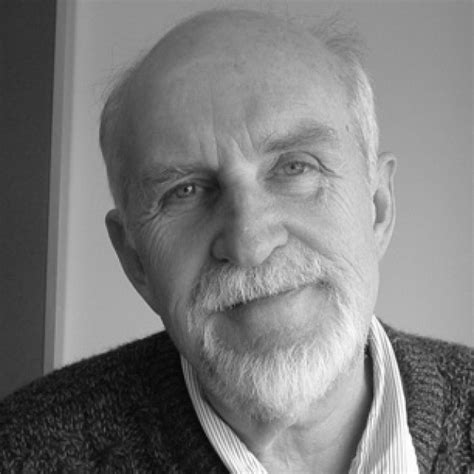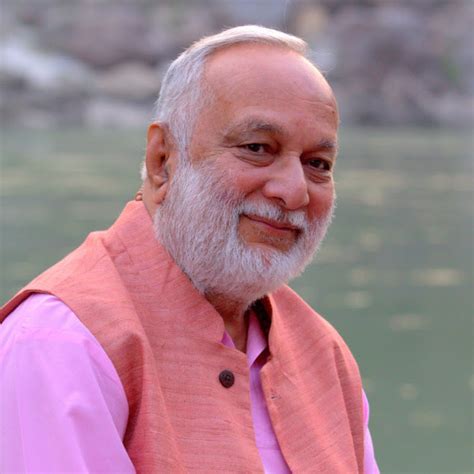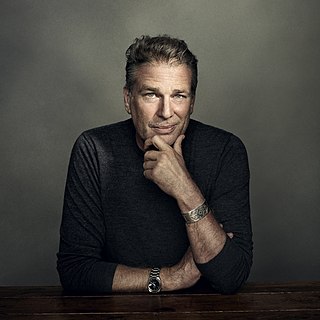A Quote by Clark Blaise
A lot of the Indians who came to North America in the '70s, and who made very successful adjustments, always had an idea of the India that they had left, not realizing that the India that they had left has changed more profoundly than the America they came to.
Related Quotes
We were just trying to make the films that we could get made, and to push the envelope. We didn't realize how far we had pushed the envelope. That all came later. That all came from books and articles about the golden age of the '70s. Believe me, to a lot of us, it was no golden age. The studio heads were very powerful then. They would fire guys right and left. They would look at your dailies and tell you what was wrong with them... a lot of stuff that doesn't go on today. Young filmmakers who are successful today, they don't often have that to put up with.
It was one of those strange moments that came to him rarely, but never left. A moment that stamped itself on heart and brain, instantly recallable in every detail, for all of his life. There was no telling what made these moments different from any other, though he knew them when they came. He had seen sights more gruesome and more beautiful by far, and been left with no more than a fleeting muddle of their memory. But these-- the still moments, as he called them to himself-- they came with no warning, to print a random image of the most common things inside his brain, indelible.
India was secular even when Muslims hadn't come here and Christians hadn't set foot on this soil. It is not as if India became secular after they came. They came with their own modes of worship, and they, too, were given a place of honor and respect. They had the freedom to worship God as per their wish and inclination.
There are many similarities between India and America. If you look at the last few centuries, two things come to light. America has absorbed people from around the world and there is an Indian in every part of the world. This characterizes both the societies. Indians and Americans have coexistence in their natural temperament. India and the United States of America are bound together, by history and by culture. These ties will deepen further.


































